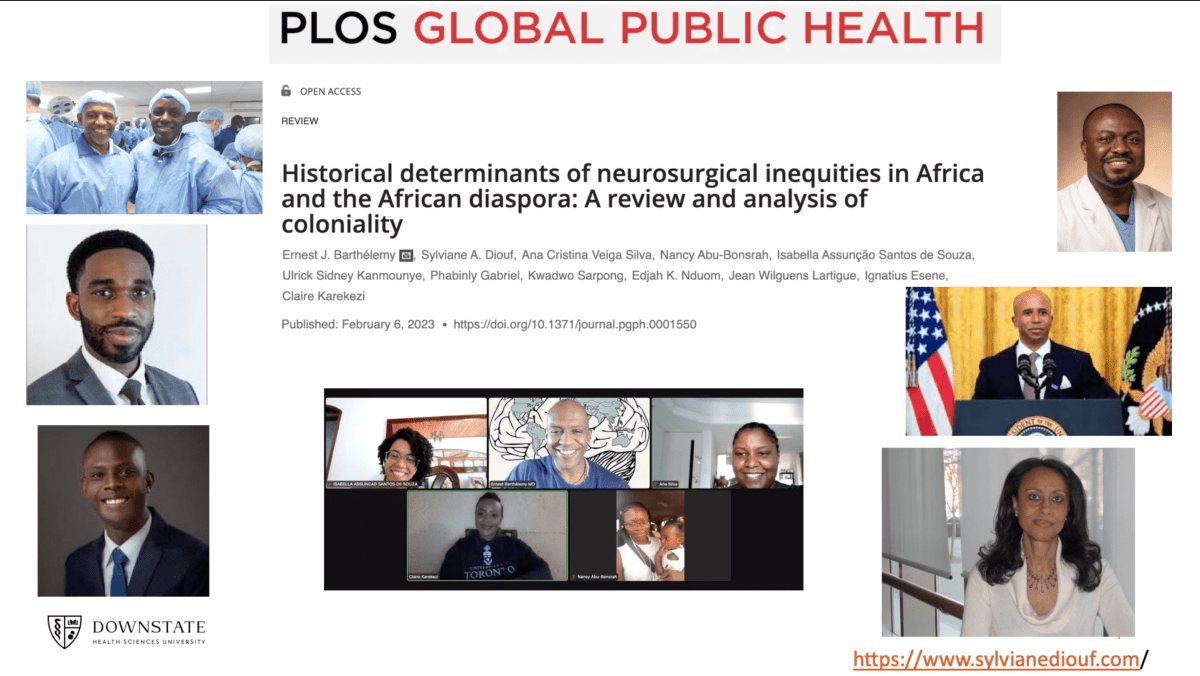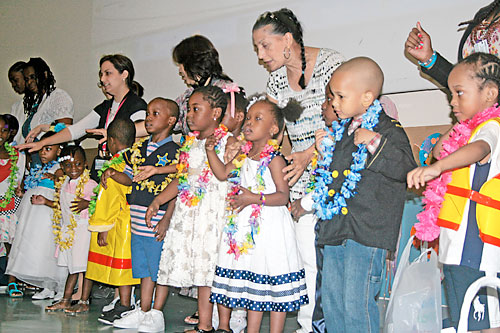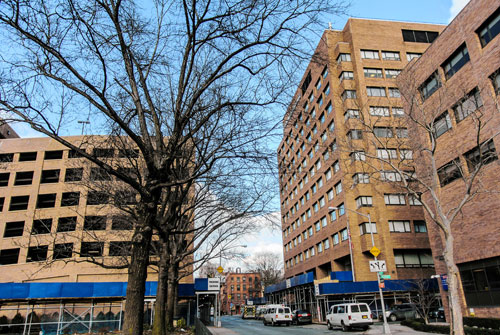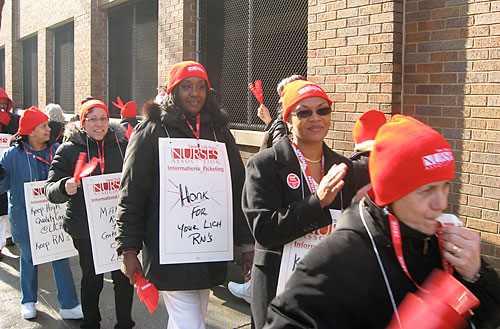SUNY Downstate Health Sciences University held a talk on the racist legacy left by the colonial mindset that continues to harm neurosurgical outcomes for Black communities, both in the United States and around the globe.
Gathered at the Flatbush school’s campus, SUNY Downstate’s Division of Neurosurgery Chief Ernest Barthélemy, along with Claire Karekezi, a trained neurosurgeon currently practicing in Rwanda, gave their perspectives on the ways in which the history of colonialism has left major disparities in public health outcomes that disproportionately harm non-white citizens in western nations.
Both speakers highlighted how treatments of brain disorders and other nervous system issues have advanced greatly, but not equally across all populations.
They also touched on a joint medical paper they authored entitled “Historical determinants of neurosurgical inequities in Africa and the African diaspora: A review and analysis of coloniality”
Born in Brooklyn to Haitian parents, Barthélemy’s talk focussed on how slavery, segregation and ongoing racism have harmed Black Americans in the field of neurosurgery.
“While we think of the United States as a high-income country, when we look a little bit closer, we see that it breaks down by Zip Code — and what we really have is a smattering of low, middle and high income countries thrown together in a large landmass known as the United States of America,” he said.
“Brooklyn appears to be on the losing side of that equation, certainly if we’re talking about it from the standpoint of the colonial legacy.”
While heart disease is usually the leading cause of death in the borough, other major factors in the top-five leading causes of death for Brooklynites include cancer (which can spread throughout a person’s nervous system), unintentional injury (often related to trauma in the brain or nervous system), and cerebrovascular diseases (such as strokes)
“Three of the five leading killers of Brooklynites require the care of a neurosurgeon,” said Barthélemy. “So, do we have the neurosurgical capacity and related care capacity to deal with unintentional trauma?”
And, as Barthélemy shows, minority communities face lesser outcomes when a neurosurgeon is required for proper care..
“Black patients fare worse than white patients across several areas of neurological diseases — stroke, parkinson’s disease, epilepsy, etc,” he said.
“We have a crisis on our hands.”
Outside of the U.S., Karekezi brought her experience as a Rwandan-born neurosurgeon, where she is one of few trained medical professionals in that field.
In all of Africa, there are just 1,750 neurosurgeons (mostly in northern African or South Africa), for a continent of 1.4 billion people.
Growing up, she couldn’t even get the proper training in her home country.
“I had to go outside the country to train, because I had no opportunity to train locally,” she lamented.
“Neurosurgery was not considered as primary health care. It was considered a luxury that could be provided to anyone who could pay for it, and travel to get that care.”
Thankfully, the situation is seeing some improvement — with 76 training programs, and more practitioners now operating in Africa, but that is still not enough.
“They are being exposed to many neurological conditions,” she said of the operating neurosurgeon on the continent. “But they are still being overwhelmed because there are very few neurosurgeons in their countries.”
The answers to these long-standing problems, whose roots stem from a legacy of colonialism, include, in part, funding and training more neurosurgeons and neurosurgery programs catering to minority communities.
For their part, SUNY Downstate Health Sciences University has established their Office for Institutional Equity (OIE) designed to “support programs and policies that attract, recruit and retain the most talented and diverse students, trainees, faculty, staff, and administrative leaders,” according to their website.
To view the entire talk between Ernest Barthélemy and Claire Karekezi, check the video below:
























